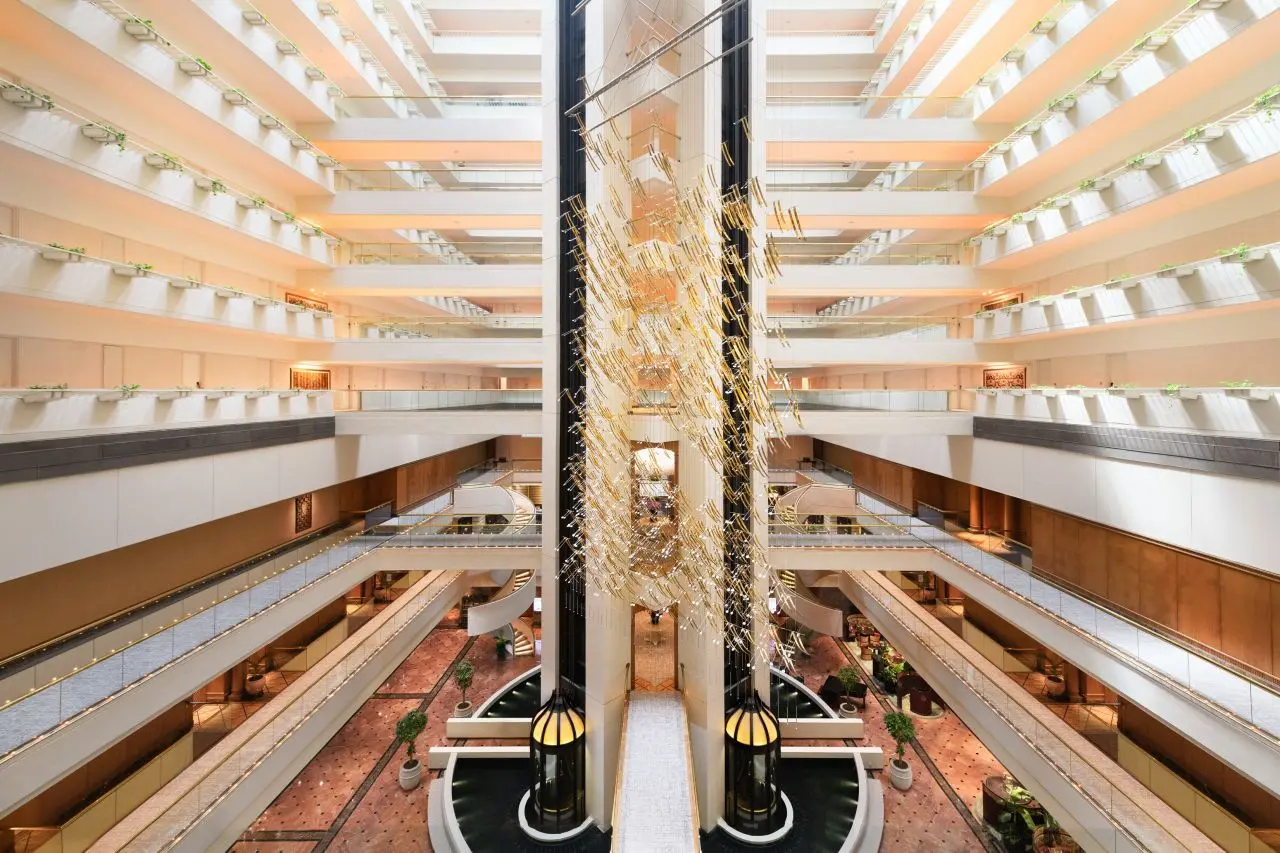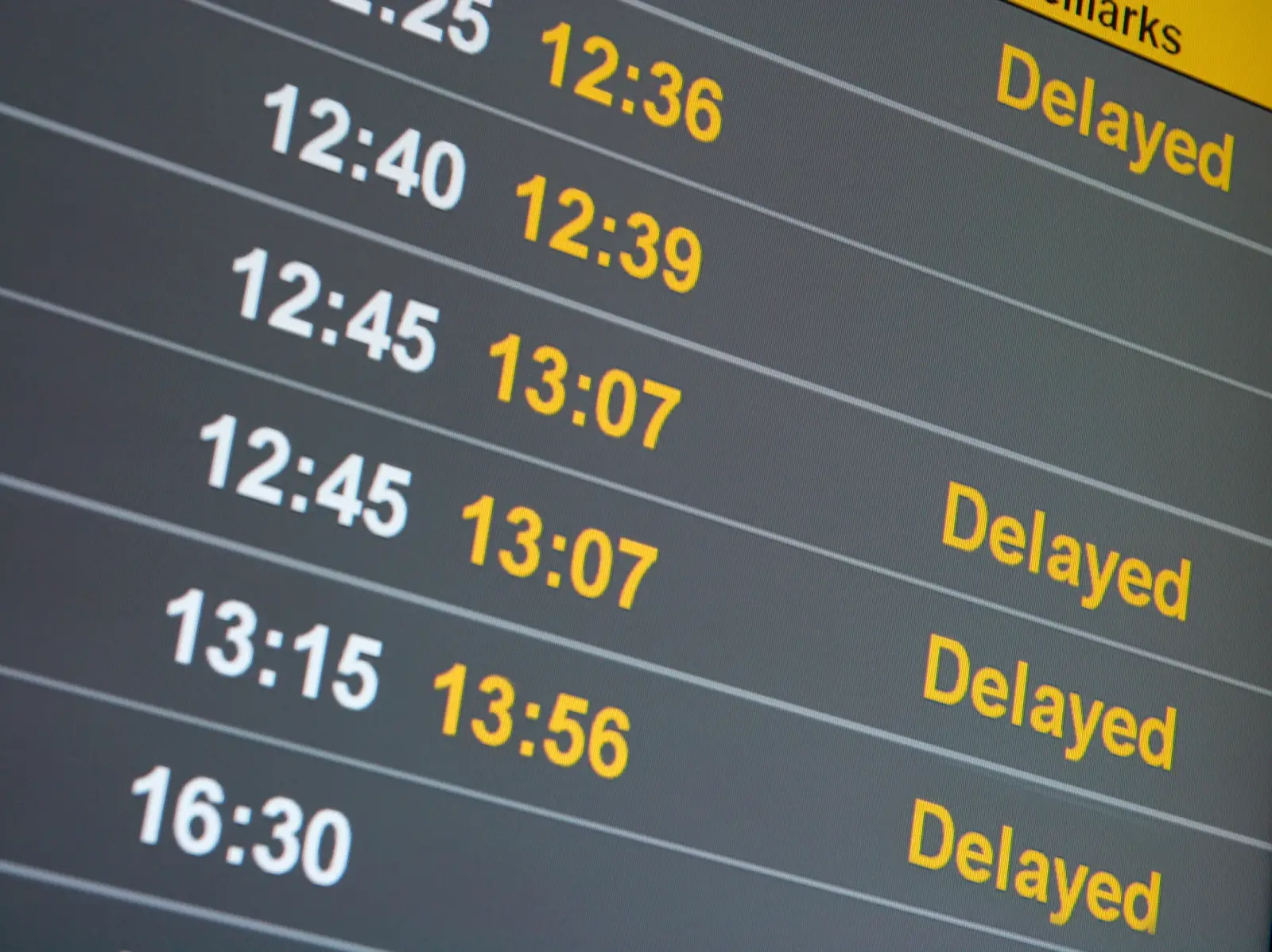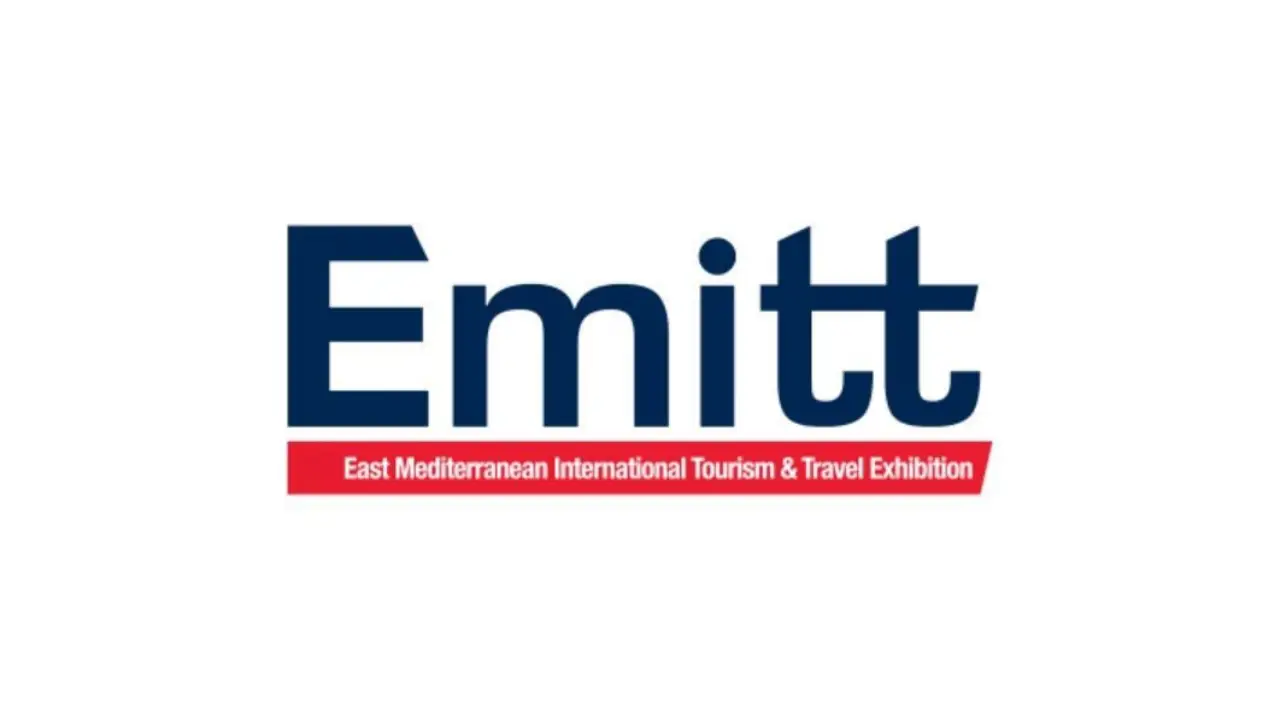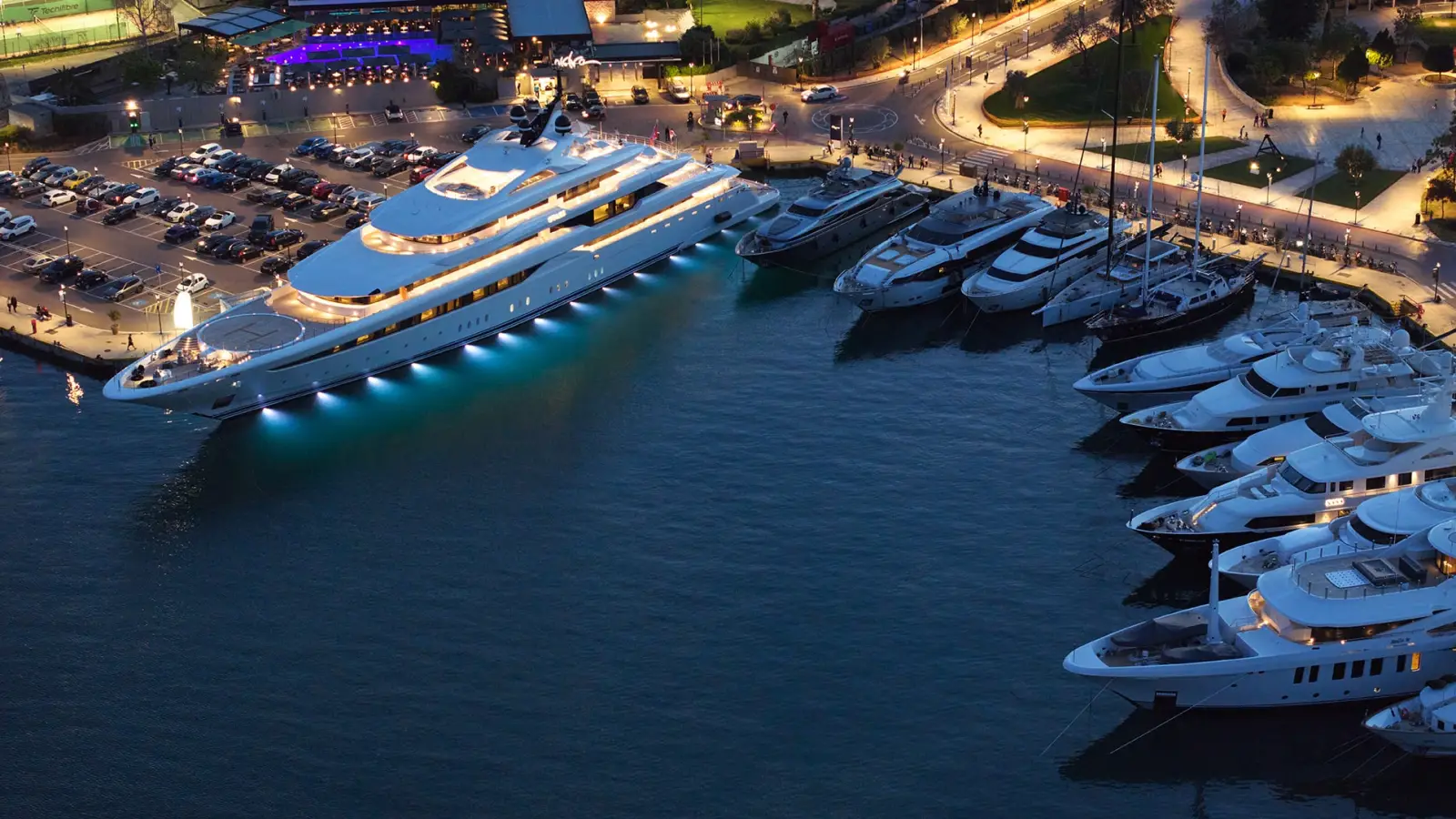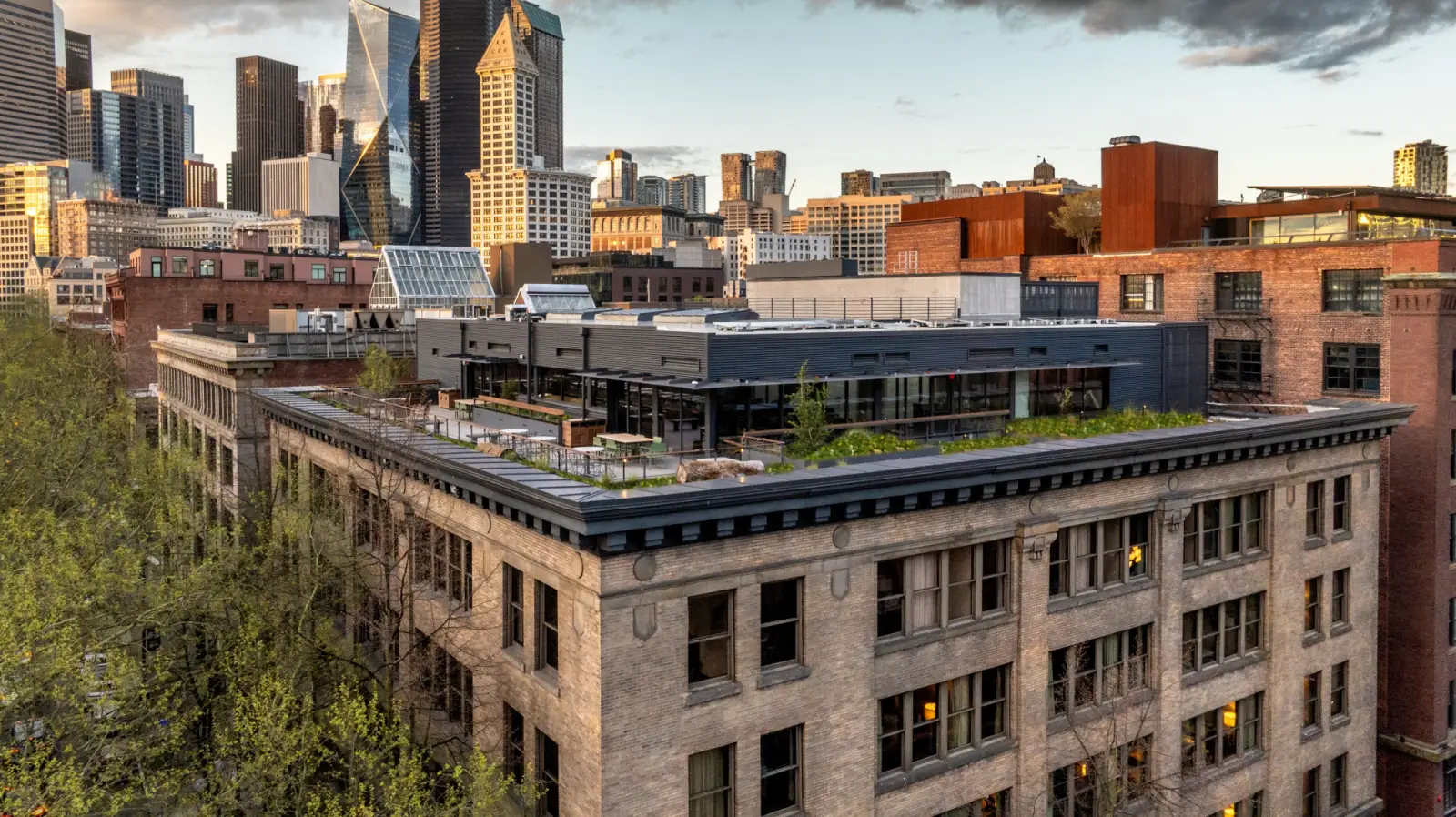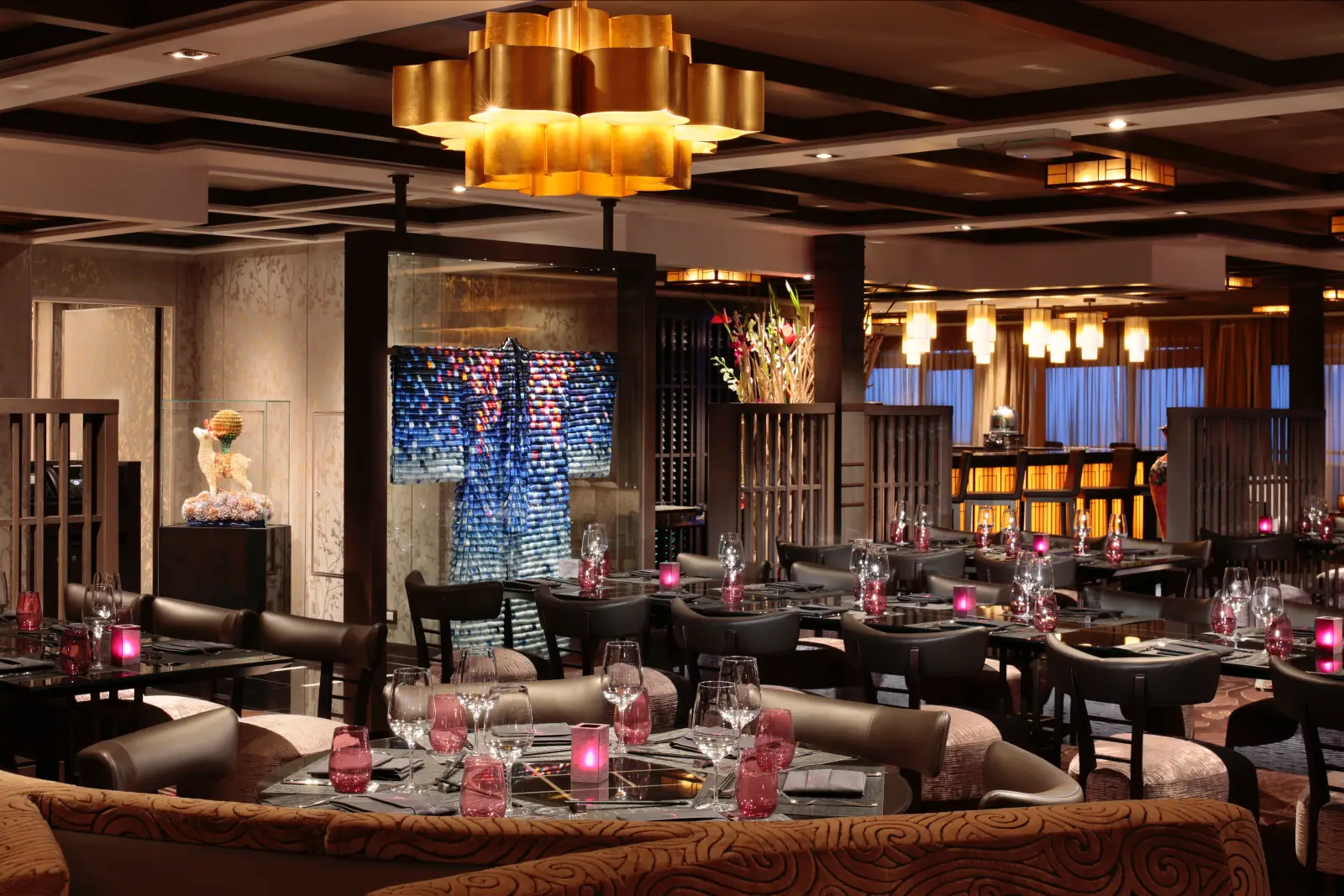Thailand is set to become an unintended beneficiary of the current turbulent trade relations between the world’s two most powerful economies.
As United States President Donald Trump and his Chinese counterpart Xi Jinping demonstrate a continued appetite for implementing bilateral trade tariffs, the consensus is that the escalating US–China trade tensions are hurting the rest of the world just as much as they threaten to destabilize Sino–American relations.
For Thailand, however, there appears to be a silver lining to this geopolitical fracas, in the form of increased inbound investment from individuals signing up for its popular residence-by-investment program, and the relocation of international companies keen to take advantage of the stable, business-friendly environment the country has to offer.
Dominic Volek, Head of Southeast Asia at the investment migration firm Henley & Partners, says there has been a 50% increase in applications for the Thailand Elite Residence Program from Asian citizens in the last two months (July and August) when compared to the first half of 2019. Specifically, the program has seen a three-fold increase in applications from Hong Kong residents during August, as compared to the whole period of January–July 2019 combined.
“The spike in applications for the Thailand Elite Residence Program demonstrates Thailand’s attractiveness as a safe and stable country to live in as well as do business. Given the interest by Chinese nationals in luxury real estate, Thailand’s additional appeal lies in its property market. With tighter restrictions on capital outflow, and the shift to lower price point properties, Thailand has a great deal to offer. Condo prices there can cost anywhere between USD 40,000 to USD 150,000 for mid-range to luxury apartments — which is very affordable when compared to buying property in Australia, the UK, or the US,” added Volek.
A sure sign that the country is comfortably on its way to entering phase ‘4.0’ of its national economic plan is to be found in the steep year-on-year growth trajectory of entrepreneur investors for the Thailand Elite Residence Program. The program provides a multiple-entry visa to qualified applicants, allowing them to visit and reside in Thailand for a period of between five and twenty years, at a one-time cost of between THB 500,000 (approximately USD 16,000) and THB 2.14 million (approximately USD 68,000).
Due to the current state of the international trade environment, Thailand is optimally placed to reap the rewards of its considerable efforts to become the third biggest business and investor hub in the region, after Hong Kong and Singapore. As well as being fortuitously placed to capitalize on current geopolitical events, Thailand should also be credited with creating its own luck.
Since 2015, the Royal Thai Government has significantly streamlined its efforts to make the country more attractive to foreign investors. In addition to the hugely popular Thailand Elite Residence Program, the government now also actively encourages investments that enhance national competitiveness, activities that are environmentally friendly, and projects that explicitly focus on regional potential.
As trade tensions between China and the US intensify, an increasing number of multinationals are looking to shift production out of those countries in order to avoid paying extra costs in the form of tariffs. Harley Davidson was one of the most eye-catching multinational companies to start moving production to Thailand in May 2017, having already opened a plant in India in 2011. Thailand is widely considered to be one of the top five Asian nations most likely to benefit from the current standoff. With domestic upheaval in Hong Kong also driving business in Thailand’s direction, this could prove to be a massive boost for the Thai economy in the final quarter of 2019.






